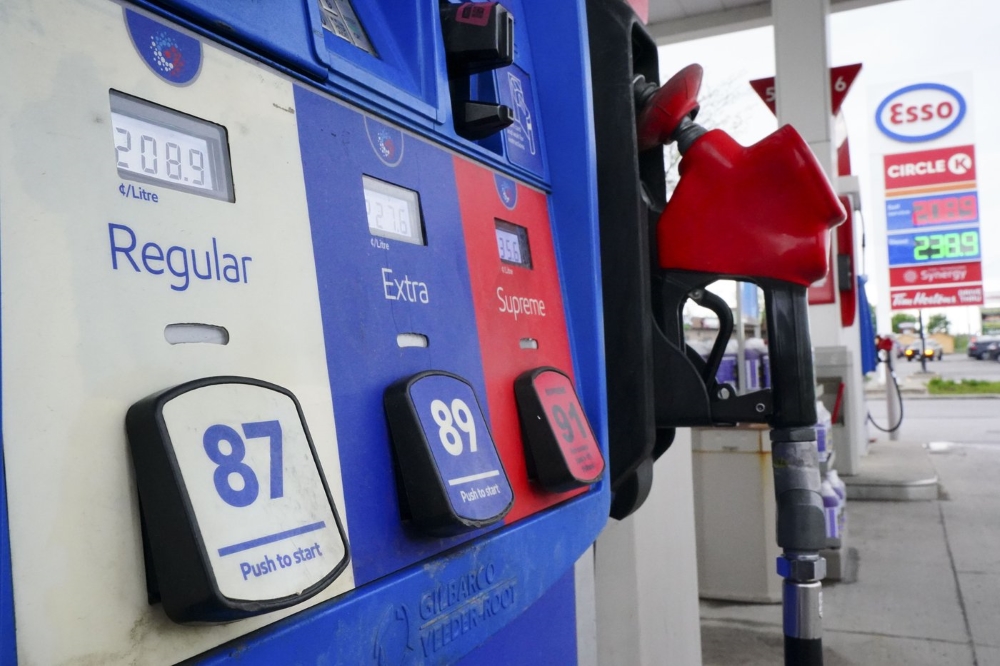Canada’s annual inflation rate rose 3.4 per cent in December, largely reflecting a sharper decline in gasoline prices a year ago compared to last month.

The federal agency released its consumer price index report Tuesday, showing inflation ticked up from 3.1 per cent in November.
Economists were widely expecting this rise due to a base year effect, which refers to how a price movement from a year ago affects the calculation of overall inflation.
Grocery prices in December were up 4.7 per cent from a year ago, matching the pace of increase in November.
With December marking the last month of the year, Statistics Canada says the average annual inflation rate for 2023 was 3.9 per cent. That’s down from a 40-year high of 6.8 per cent in 2022.
The federal agency says price growth in 2023 slowed in six out of eight components of the consumer price index compared with the previous year.
In Saskatchewan, inflation went from 2.3 percent in November to 2.7 percent in December. In Regina the rate climbed from 2.9 percent in November to 3.1 percent. In Saskatoon the jump was from 2.9 percent to 3.2 percent.
The Bank of Canada gears up for its interest rate announcement next week, it will be paying particular attention to core measures of inflation, which help the central bank see through volatility in price movements. These annual measures did not ease last month.
The Bank of Canada is broadly expected to continue to hold its key interest rate at five per cent as most economists are convinced interest rates are high enough to quash inflation.
However, the timing of the first interest rate cut is expected to be driven by how fast inflation falls and how sharply the economy softens this year.

